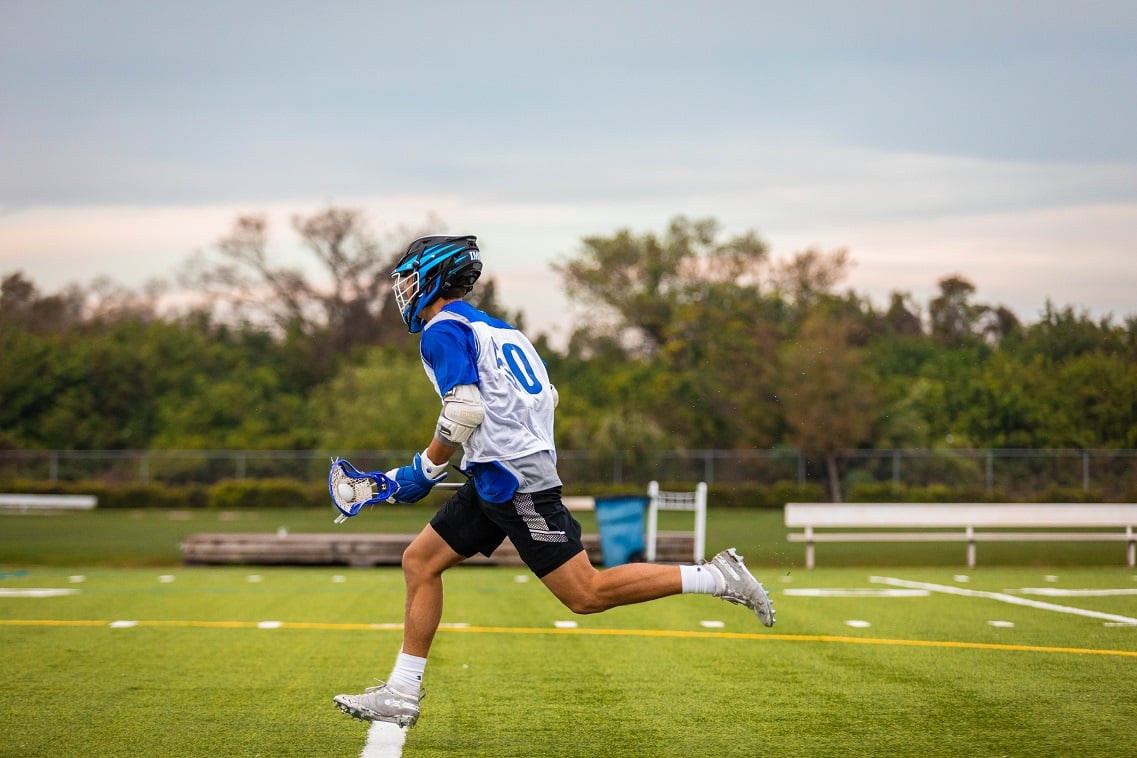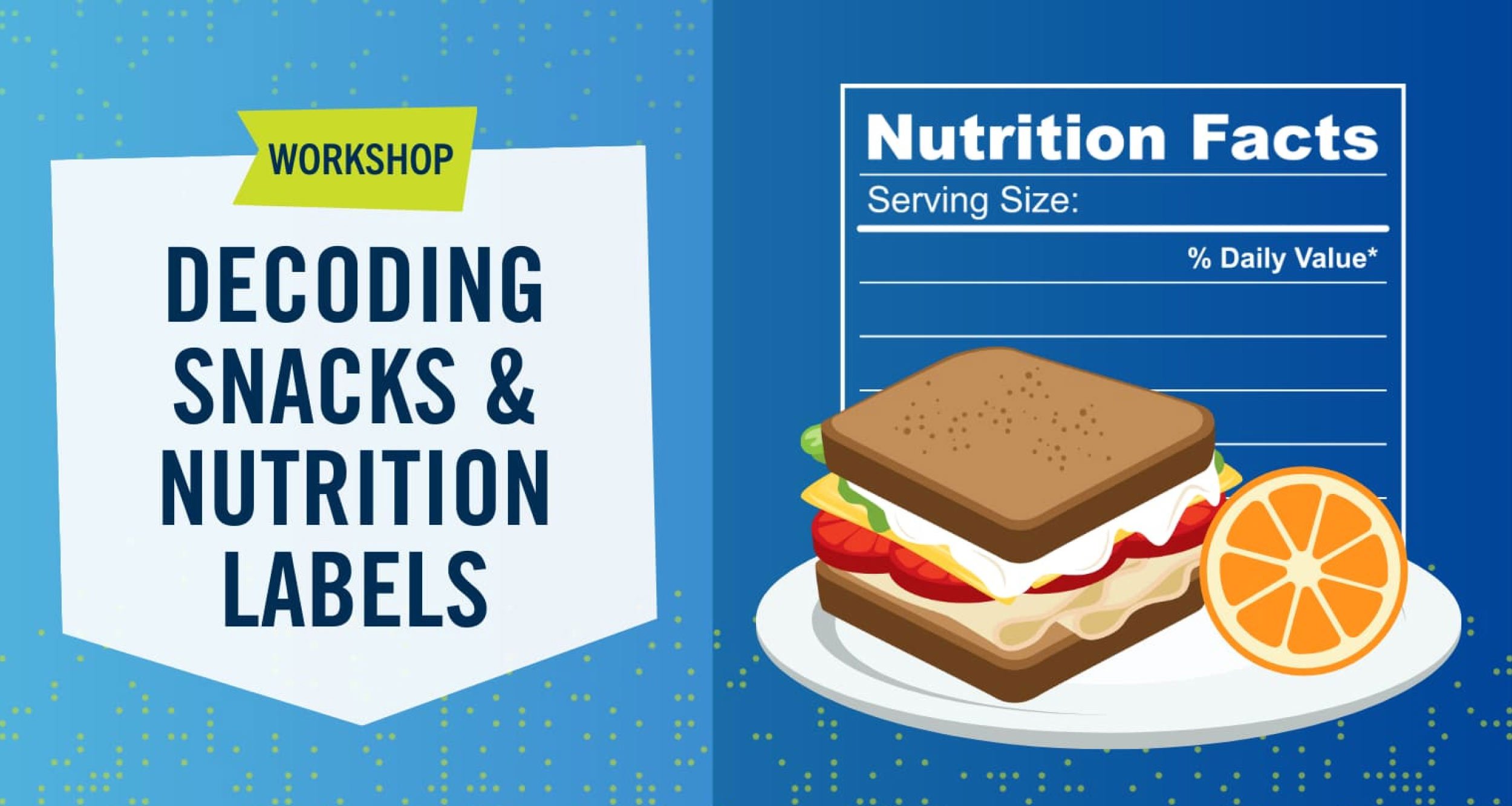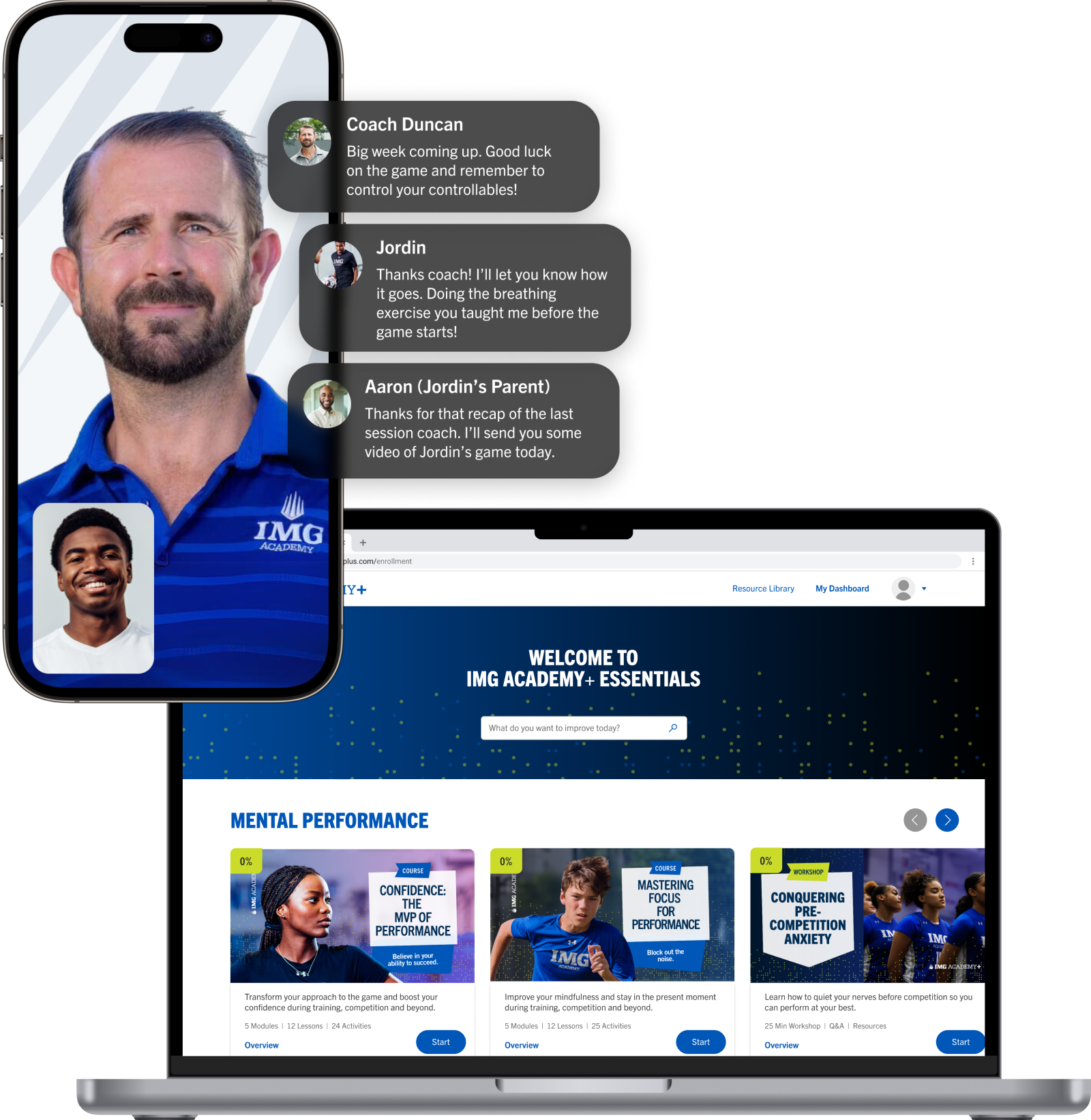
Playing sports as a kid leads to several important benefits such as improved physical health, enhanced social skills, and better mental health. Signing a child up for team sports and sending them to one of the best boarding schools for athletes has advantages that far outweigh the cost for many years to come due to the many added benefits that extend well beyond childhood and into one’s adulthood.
Team Work: Cooperation is a skill that your child will need throughout their entire lifetime. When they enter the workplace, participate in extracurricular activities such as volunteering or an academic club, or even when they are married, your child will need to know how to compromise, delegate, and take direction and even criticism from others. A child who previously played sports will have developed pertinent skills by working with their teammates to achieve a common goal as well as how to support others while working towards their own personal goals.
Healthy Competition: When your child participates in sports, it is likely that they will not win every competition or always be the best athlete on the team or even on the field. By experiencing loss and being exposed to other high level athletes who may be better than them, your child will develop a healthy attitude towards competition. As a parent, encourage your child to use his or her losses as motivation to improve and to view elite athletes who are at the same level as them as examples for where they can improve and how they can become better athletes themselves. These lessons translate into adulthood on many occasions, such as when your child is surpassed during a promotion review in favor of another employee or when they have a coworker who outperforms them.
Social Skills: By playing sports, your child will meet a wide variety of personality types that they may not have otherwise encountered. These skills are especially important in today’s culture where technology impacts screen time and even discourages in-person interactions more than ever before. Kids who play sports will learn how to get along with other personalities and adapt to others in order to resolve conflict, achieve common goals, and communicate effectively.
Self-Confidence: A child who participates in sports will set goals for themselves and experience a sense of reward and accomplishment when achieving their goals. They will also experience victories, achieve personal bests, and receive praise from their coaches, teammates, and you as a parent when they perform well. All of these moments help to build self-confidence and show your child that, when they set their mind on a goal, they can achieve great success. This confidence also stays with them into adulthood as they set goals in the workplace or in their personal lives.
Responsibility: Participating in sports teaches kids the value of responsibility. If they skip a practice or put in minimal effort, they will see how this impacts their personal outcome and possibly even their team’s performance. If your child’s participation in their sport is dependent on their grades, they will learn how neglecting their homework and studies may eventually affect more than just themselves when they’re restricted from participating in sports due to poor grades. Your child will also learn to be responsible for the items that correlate to participation in their sport, from making sure their uniforms are clean to ensuring their equipment is in pristine condition. All of these items translate beyond their childhood and into the workplace when their performance impacts their coworkers (and even their paycheck!) or when neglecting tasks at home.
Leadership: Playing sports provides kids with the opportunity to take on leadership roles. Whether it’s being a team captain or simply taking the initiative to make a big decision in the heat of the moment, kids learn quick thinking, delegating, and respectful interaction with their peers, coaches, and officials through sports.
Healthy Habits: Kids who play sports understand proper nutrition, rest, and other positive health habits that impact their athletic performance. When a child learns from a young age that there’s a direct correlation between how they treat their bodies and how they feel and perform, they develop an appreciation for practicing good health. These habits, developed at a young age, can be carried into adulthood even if your child doesn’t continue to be as active when they’re older. Individuals who played sports as children may also be less likely to abuse drugs or alcohol as adults because, as kids, they didn’t want to impact their athletic performance by using harmful substances.
By signing your child up for youth sports or sending them to one of the best boarding schools for athletes, such as IMG Academy, you won’t just be setting them up for more immediate athletic benefits, but you’ll also be preparing them for a successful adulthood. Involving your child in sports could even benefit you, their parent, by inspiring you to become more active and to pursue a healthier lifestyle yourself.
Want to learn how to improve your ability to handle pressure, focus better, and become more resilient? Explore IMG Academy+ mental performance coaching.
Learn More










